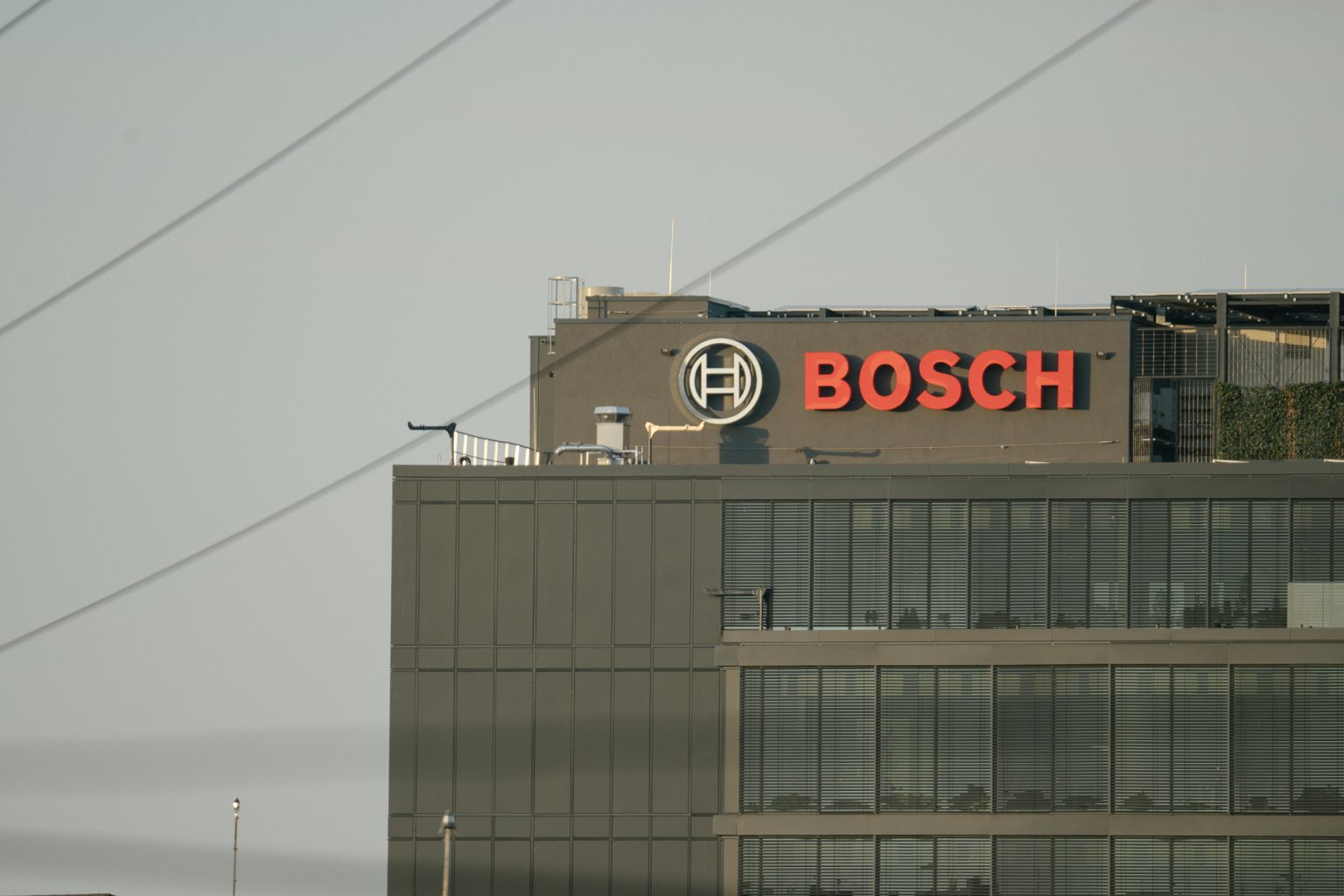Bosch, a leading global supplier of automotive components, recently announced plans to cut 5,500 jobs worldwide over the next few years, citing the need to adapt to changing market conditions. While the majority of these cuts will affect operations in Germany, concerns are growing in Cluj-Napoca, a city that hosts a significant part of Bosch’s Romanian workforce.

Global Reductions Focused on Software Divisions
The workforce reductions will be concentrated in Bosch’s software division, with 3,500 positions being eliminated in the next 2–3 years. The move is a response to lower-than-expected demand for advanced driver assistance and automated driving technologies.
“We need to adapt our structures to the changed market environment and sustainably reduce costs in order to strengthen our competitiveness and position ourselves for the future,” said Stephan Hölzl, a director at Bosch.
Cluj-Napoca’s Bosch Operations Remain Stable, for Now
In Romania, where Bosch has over 10,500 employees spread across six production and engineering units in Cluj, Bucharest, Sibiu, and Timișoara, the company has assured that no immediate layoffs are planned.
“In the current, challenging and dynamic economic environment, we constantly analyze whether we are well positioned with our activities and structures in various markets and business areas in order to maintain our competitiveness,” Bosch representatives told Profit.ro.
The company emphasized that despite the layoffs in other markets, it aims to maintain its workforce in Romania by introducing new products and investing in skill development. However, they did not rule out the possibility of future adjustments, stating: “Even though Bosch’s goal is to maintain its headcount with new products and a variety of skill measures, the company cannot rule out further personnel adjustments amid current challenges.”
Broader Implications for Cluj-Napoca
The situation at Bosch is part of a wider trend impacting Cluj-Napoca. Earlier this year, Gameloft closed its local studio, affecting 136 employees, while NTT Data also announced workforce reductions. These developments reflect the pressures multinational companies face in balancing local operations with global economic challenges.
For Cluj-Napoca, which has long been seen as a hub for innovation and a magnet for multinational corporations, these announcements are a wake-up call. Rising labour costs, global market shifts, and increasing competition highlight the need for economic diversification and workforce re-skilling.
Although Bosch’s current operations in Romania appear stable, the company has reiterated the importance of continuous adaptation. “The company said it will involve employee representatives and inform employees of any future adjustments,” Bosch representatives added.
The local economy’s reliance on multinationals underscores the need for strategic planning to ensure Cluj-Napoca remains resilient. As Bosch continues to navigate global restructuring, its commitment to the region will be crucial in shaping the city’s economic future.
While Bosch’s Cluj operations currently seem secure, the broader trends in the city raise questions about how it can maintain its growth and stability amidst global uncertainty.



